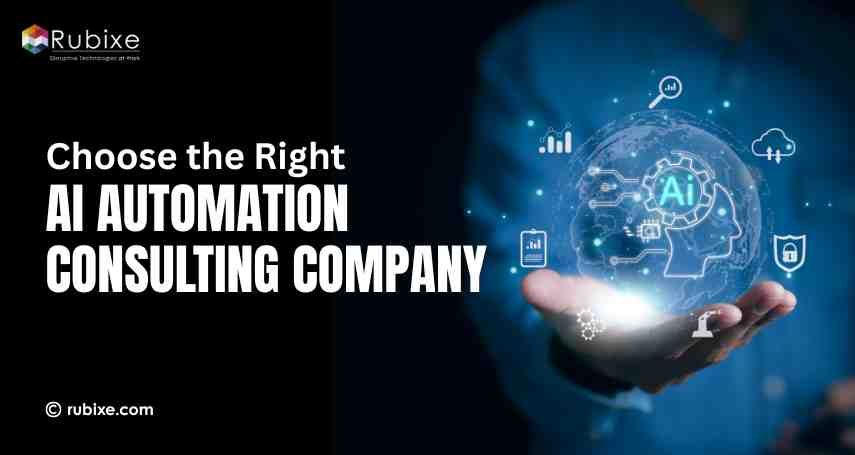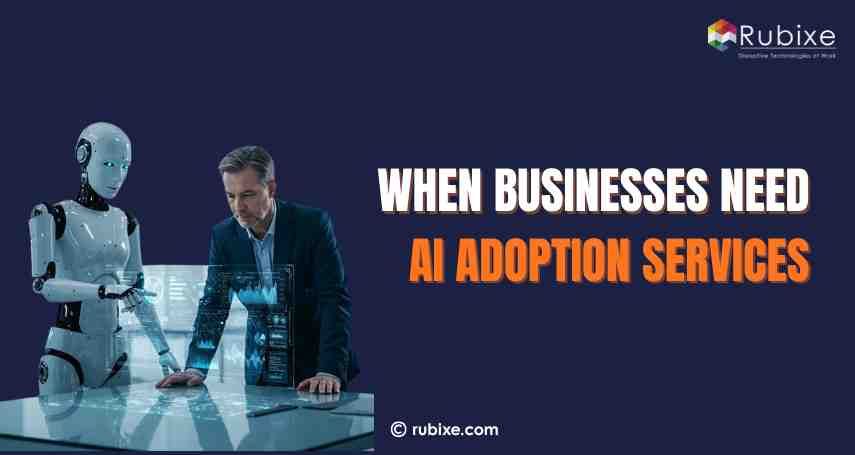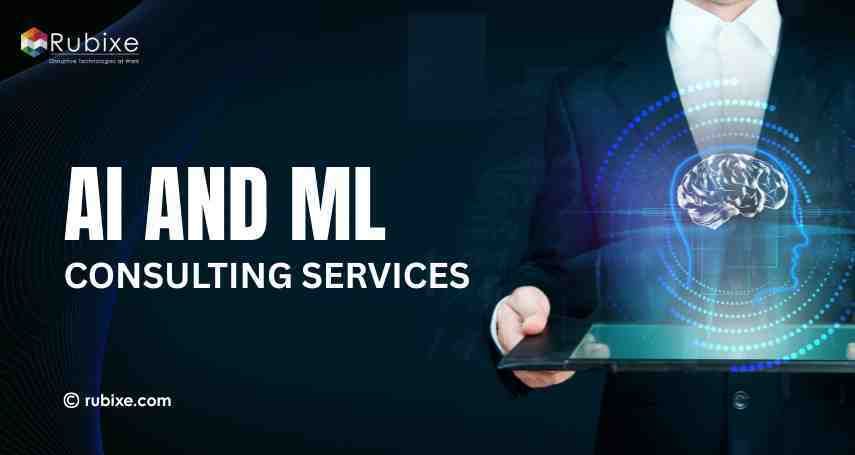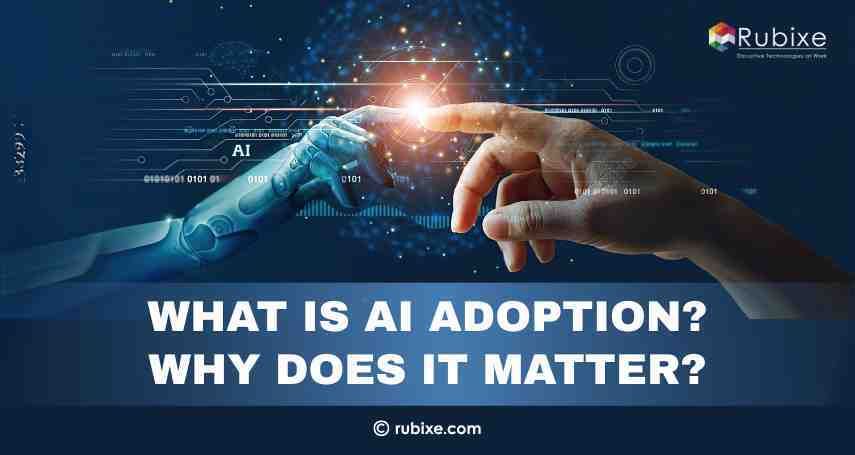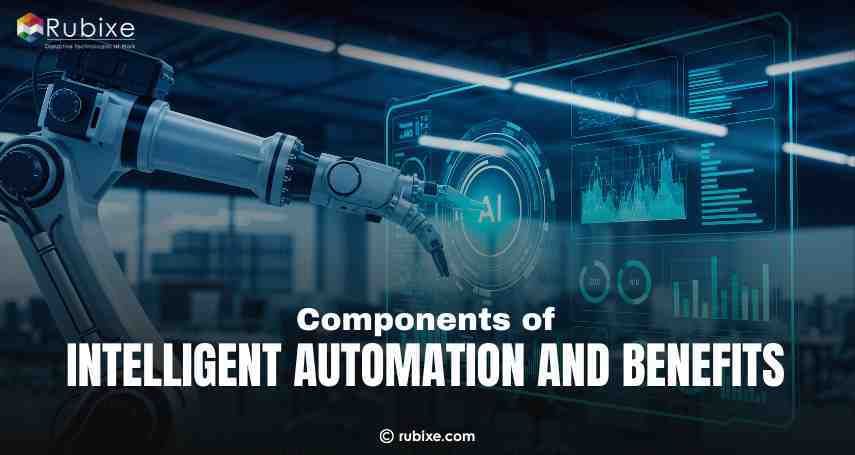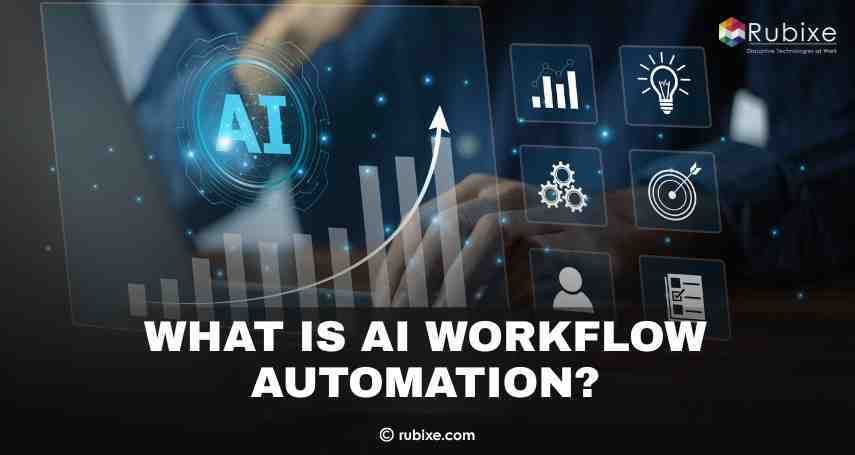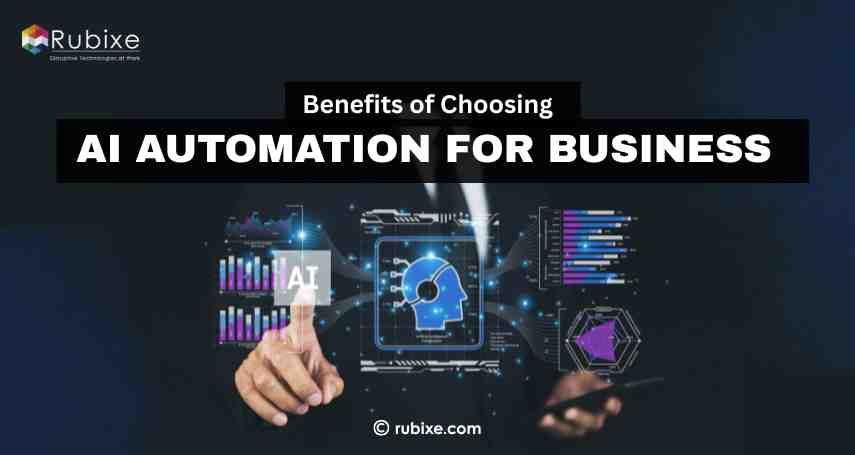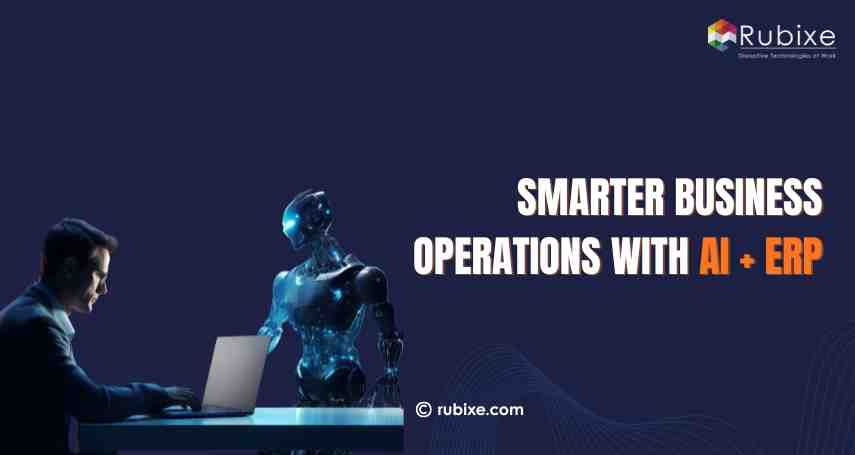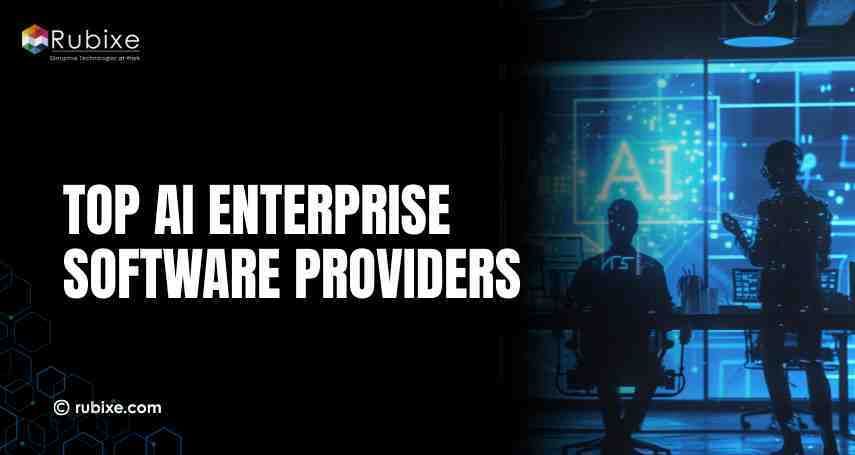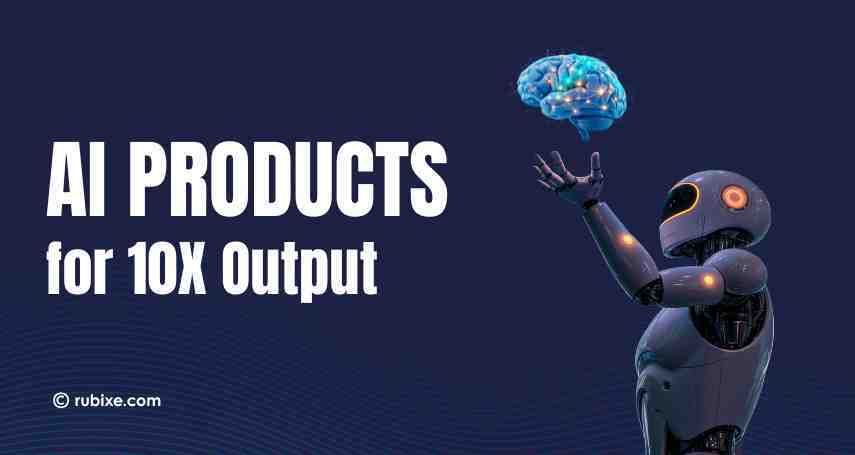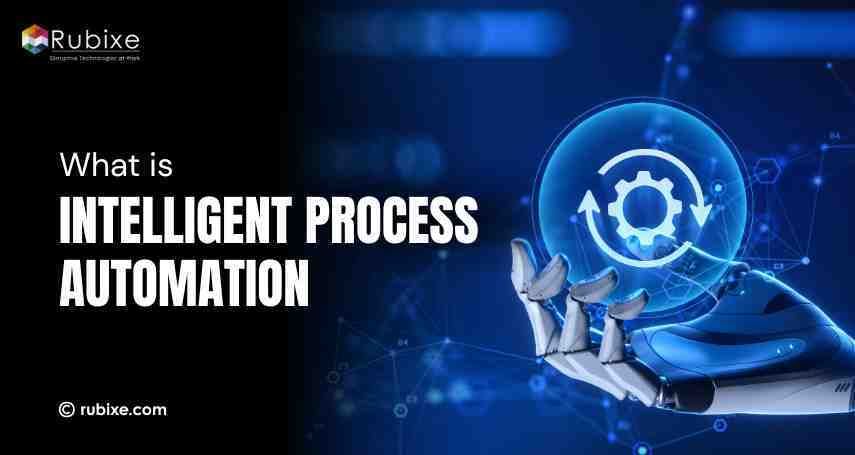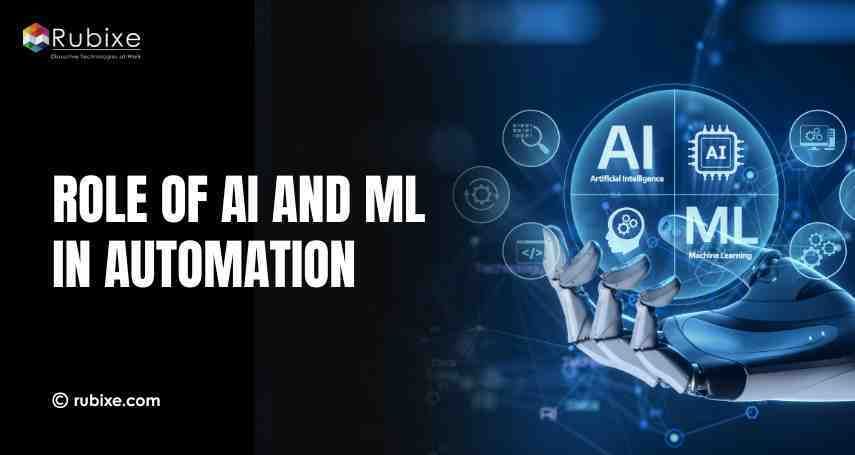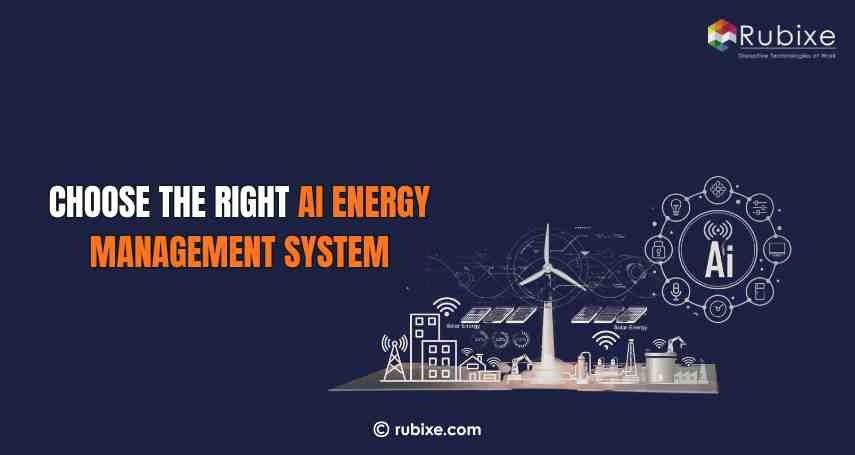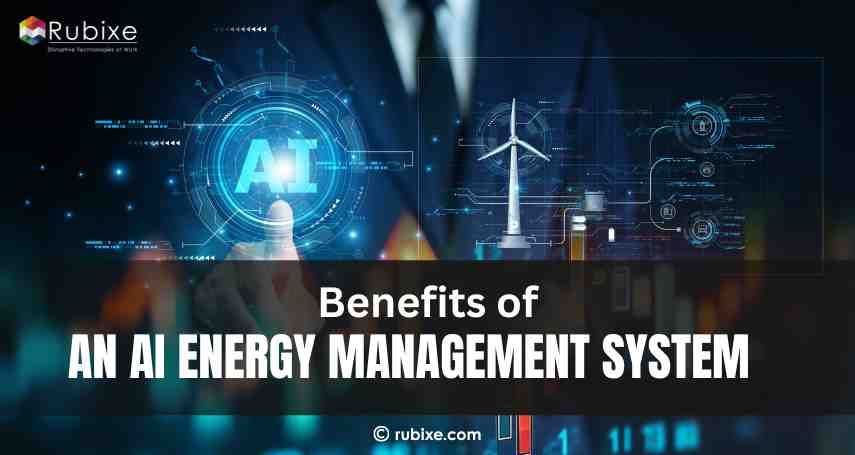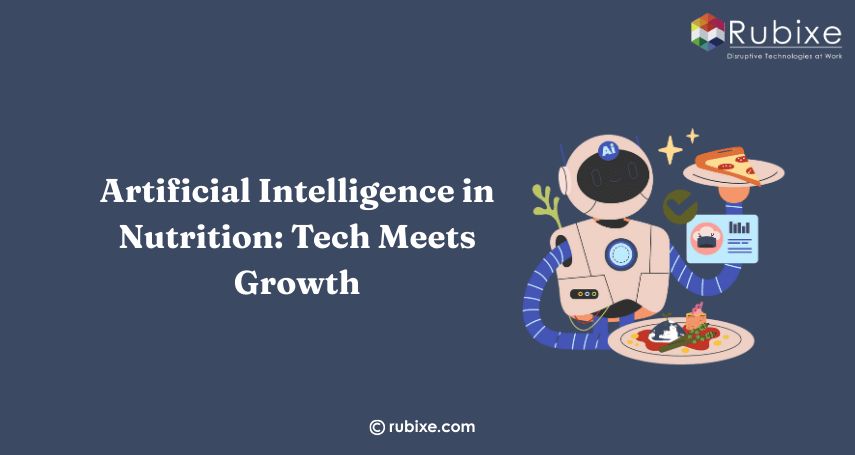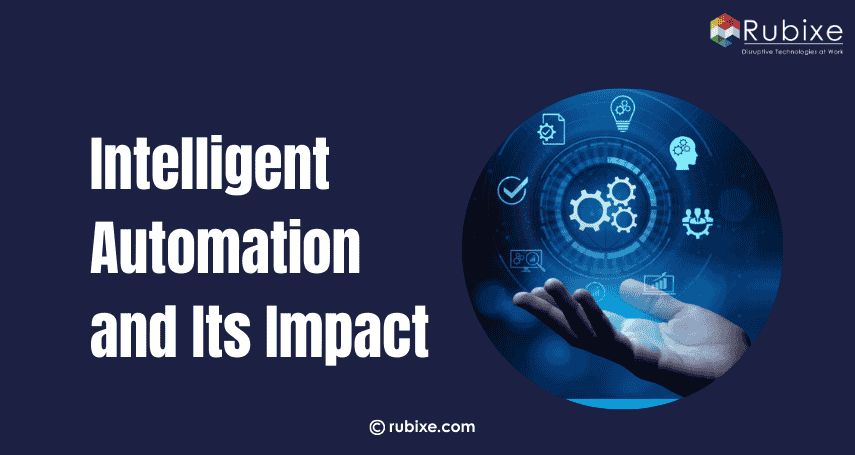AI for Smart Energy Management in Modern Industry
AI transforms smart energy management in industry by reducing costs, improving sustainability, and enabling real-time energy optimization through AI services and consulting.
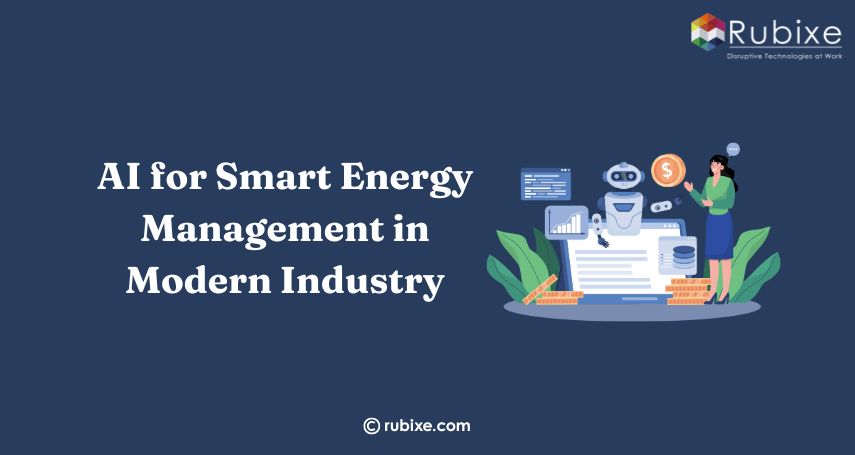
I've come to see how AI can play a big role in managing energy more wisely. It helps track usage, spot waste, and make better decisions in real time. Whether it's for a factory, office, or any large system, smart energy management with AI just makes sense for the future.
Introduction to Smart Energy Management
Energy efficiency is becoming more important every day. With higher energy costs and growing concern for the environment, I’ve realized how valuable it is to manage energy more smartly and thoughtfully.
Using AI in Smart energy management has opened up new possibilities. It helps monitor usage, predict needs, and automate systems to reduce waste and improve performance, no matter the setting, whether it's homes, offices, or large facilities; smart energy management with AI can make a big impact. For me, it’s about finding better ways to use energy wisely and create a more efficient and sustainable future
Why Energy Management Needs AI Today
Conventional energy management systems are reactive. They depend heavily on human input, static rules, and delayed reporting. AI transforms this by making energy systems:
-
Predictive: Anticipate energy spikes and inefficiencies before they happen by analyzing usage patterns and forecasting demand. This helps avoid waste and prevent system overloads.
-
Automated: Adjust lighting, HVAC, and machinery in real time based on occupancy, weather, or schedules. This ensures energy is used only when and where it's needed.
-
Self-Optimizing: Learn from historical data to improve performance over time. AI continuously fine-tunes operations to boost efficiency and adapt to changing needs.
As businesses scale or expand across multiple locations, managing energy manually becomes inefficient. AI steps in to provide scalable, intelligent solutions aligned with operational goals.
Core AI Technologies Behind Smart Energy Systems
AI isn’t just one tool. It brings together different technologies that work together to make energy systems smarter and more efficient
-
Machine Learning: Analyzes historical and real-time energy consumption to find inefficiencies
-
Predictive Analytics: Forecasts energy usage patterns to optimize load balancing
-
Computer Vision: Monitors equipment and facility use via smart cameras to automate energy-saving protocols
-
Natural Language Processing (NLP): Enables voice-activated or chat-based interfaces for energy control
-
IoT and Sensor Integration: Real-time data feeds from meters, HVACs, solar panels, and machinery
Industrial Use Cases for AI in Smart Energy Management
Industries are already applying AI to reduce waste, cut emissions, and improve energy resilience. Here are real-world use cases of smart energy management driven by AI:
-
Manufacturing Plants: Real-time control of machinery and equipment to minimize idle energy draw
-
Smart Warehousing: AI regulates HVAC and lighting based on occupancy and time-of-day trends
-
Logistics Centers: Optimized charging and routing of electric forklifts and EVs using predictive load planning
-
Oil & Gas: Early detection of pipeline leaks and pressure anomalies via AI-enhanced sensors
-
Data Centers: AI balances workloads and cooling systems to reduce peak-hour energy consumption
-
Renewable Energy Grids: AI forecasts solar and wind output to adjust load dynamically and prevent outages
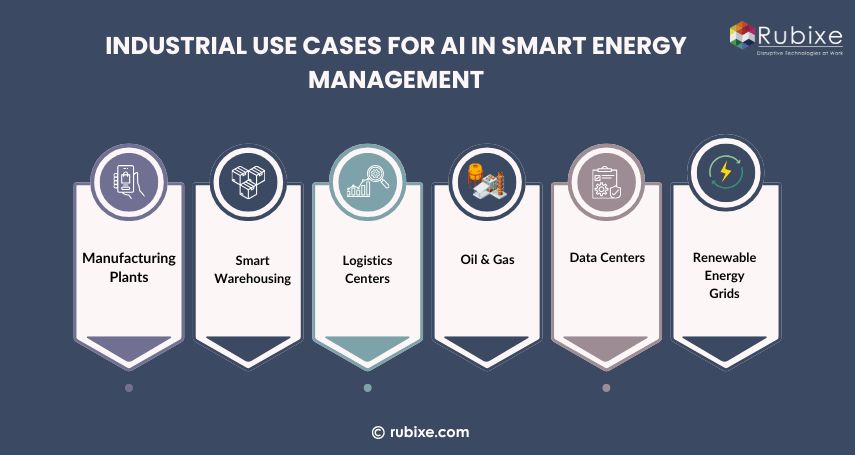
Benefits of AI-Driven Smart Energy Management
Implementing AI for smart energy management yields immediate and long-term gains. Key benefits include
-
Cost Reduction: Lower utility bills through real-time energy optimization
-
Sustainability Compliance: Meet emissions targets with automated reporting and controls
-
Operational Efficiency: Reduce downtime and extend the life of energy-intensive equipment
-
Decision-Making Speed: Gain access to dashboards with real-time insights and alerts
-
Scalability: Expand energy management across multiple sites effortlessly
How AI Consulting Supports Energy Transformation
Transitioning to AI-powered energy systems isn’t just about installing software—it requires a strategic shift. That’s where AI consulting firms play a critical role.
AI Consulting Services Typically Include:
-
Energy Audit & AI Readiness Assessment: Evaluate infrastructure, systems, and data availability
-
Use Case Prioritization: Identify the most impactful applications for AI integration
-
Custom Model Development: Create ML models tailored to specific industrial operations
-
Deployment Roadmap: Define KPIs, timelines, and risk mitigation strategies
-
Change Management: Help teams adopt and trust automated decision-making
-
Post-Deployment Support: Continuous optimization of AI systems based on feedback and data
Partnering with an experienced AI consulting firm ensures your energy AI initiatives are well-planned, technically sound, and business-aligned.
Top AI Services Powering Smart Energy Solutions
Industry leaders are using enterprise-grade AI services to enable scalable, smart energy systems. At the forefront, Rubixe offers customized AI-driven energy solutions tailored for industrial, manufacturing, and logistics sectors.
Key Capabilities of Rubixe’s AI Services:
-
Predictive Energy Analytics: Real-time forecasts based on historical consumption and operational patterns
-
IoT + AI Integration: Seamless control across HVAC, lighting, and machinery through smart sensors
-
Energy Automation Frameworks: AI-powered load balancing, anomaly detection, and usage optimization
-
Custom Dashboards: Visual insights into energy performance with actionable alerts and recommendations
-
Sustainability Alignment: AI modules built to support ESG targets and regulatory compliance
Other widely used platforms in this space include
-
Google Cloud AI & BigQuery
-
AWS Lookout for Equipment
-
Azure AI with IoT Central
-
IBM Watson IoT Energy Suite
While these platforms offer strong features, Rubixe stands out for its industry-specific AI consulting, flexible deployment models, and dedicated energy-focused solutions.
Challenges and Considerations
While the benefits are immense, smart energy transformation using AI comes with certain challenges:
-
Data Quality: Inconsistent or poor-quality sensor data can limit AI accuracy
-
Integration Complexity: Legacy systems may resist cloud-based AI service integration
-
Initial Investment: High upfront costs in sensors, edge devices, and software licensing
-
Workforce Resistance: Employees may mistrust AI-driven automation or feel displaced
-
Regulatory Compliance: Must ensure all AI energy systems align with industry-specific energy regulations
The Future of AI in Smart Energy Management
AI continues to redefine how industries approach energy efficiency and sustainability. Emerging innovations are making smart energy management more autonomous, intelligent, and environmentally aligned.
-
Edge AI for Energy: AI models deployed at the edge process sensor data locally, enabling faster decision-making and reducing cloud reliance.
-
Autonomous Energy Systems: Self-healing networks powered by AI detect failures in real time and automatically reroute power to maintain uptime.
-
Connected Energy Ecosystems: Integration with smart cities allows AI to synchronize industrial energy usage with transportation, infrastructure, and grid demand.
-
Energy-Conscious AI Models: The shift toward “green AI” focuses on designing algorithms that require less power while improving energy management output.
-
AI-Driven ESG Compliance: Automated generation of ESG and sustainability reports ensures accuracy, transparency, and faster reporting cycles.
Smart Energy Starts with Smart AI Strategy
Smart energy management is no longer just an efficiency project—it’s a critical component of industrial competitiveness and environmental responsibility. From predictive energy control to automated emissions tracking, AI is powering the next leap in energy innovation.
To implement these solutions effectively, companies must go beyond off-the-shelf tools and engage in strategic planning. That’s where AI consulting becomes essential—ensuring every investment in AI services delivers measurable ROI, compliance alignment, and long-term scalability.
